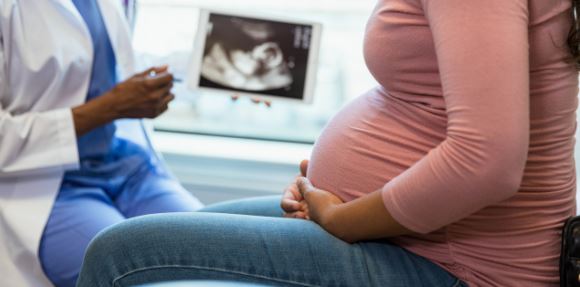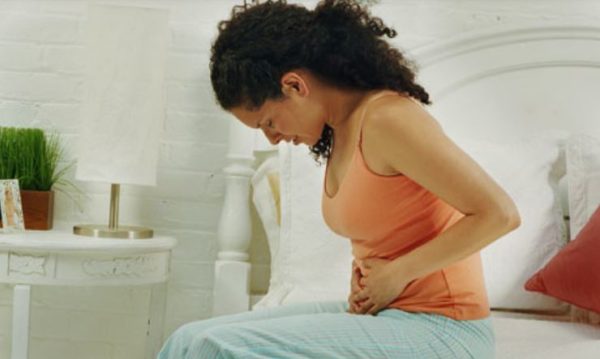Lifestyle
Here’s what you need to know about conceiving after a miscarriage

Carrying a life in you and giving birth to it nine months later is an experience you will never forget.
But similarly, losing a child is also an experience motherhood brings along. As disheartening as it may be, it is not the end. While the loss is immeasurable, you can still try conceiving after a miscarriage.
All you need to do is pay heed to your health and wait until your body is ready again.
What is a miscarriage?
Miscarriage is when a woman loses her embryo or fetus before the 20th weeks of pregnancy. It can occur for various reasons and not one cause can be singled out. Pregnancy loss often occurs early in the pregnancy. As per data, in most cases, miscarriages take place in the first trimester which means the first three months of pregnancy.
While miscarriages are unspoken about, they seem like a taboo. However, miscarriages are very common amongst women. According to the American College of Obstetricians and Gynecologists (ACOG), miscarriage can occur in 10 percent of known pregnancies.
Can you get pregnant again after a pregnancy loss?
But the real question remains whether or not you can become pregnant again? The answer is yes. However, you must let your body heal and recover from the previous loss, before deciding on conceiving again.
While having sex soon after a miscarriage is safe, women should wait for at least two months to conceive again, as per experts. Women can begin ovulating as soon as two weeks post pregnancy loss, but it takes at least two months for her to return to her normal cycle. Therefore, waiting will only make sure that the level of pregnancy hormone hCG dropped down and the uterine lining will be back to normal.
You can get a blood test to check whether the pregnancy hormones have decreased or not.
What to ensure?
How you get pregnant involves the same method and technique irrespective of whether you experience a miscarriage or not. You must time your intercourse when your ovulation period starts. That’s the best time to plan to have a baby. Apart from that, there are certain things you should be careful about this time around.
– Only try when you have truly outgrown the event of miscarriage. You cannot plan ahead without getting over the past.
– Your pregnancy planning should be efficient. Maintain a good diet all through and also resort to prenatal vitamins to keep you rejuvenated.
– Do not miss your doctor’s appointment and make sure that you address all your queries.
– Also, before planning for a baby, consult your doctor about the same.
– Steer clear of any myths and misconceptions regarding pregnancy and miscarriages.










